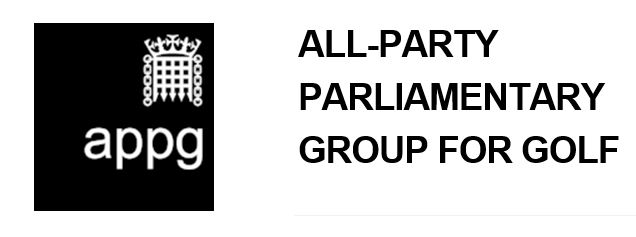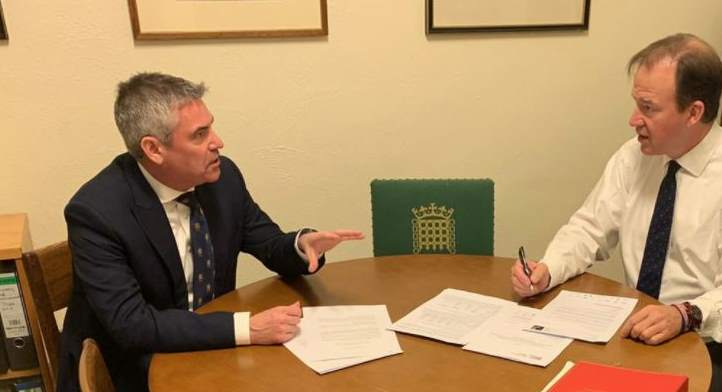Industry bodies involved in the All-Party Parliamentary Group for Golf have submitted responses to HM Treasury’s Fundamental Review of Business Rates, saying it is important that the derivation of business rates is fair, transparent and accurately reflects the nature of the golf industry, and recommending that the Government should work with golf industry representative bodies rather than at individual club level.
An independent report was commissioned by The R&A, England Golf and The PGA and produced by the Sport Industry Research Centre at Sheffield Hallam University, and the UK Golf Federation submitted additional evidence on behalf of their members. The submissions answer the Treasury’s specific call for evidence on how the business rates system currently works, issues to be addressed, ideas for change and a number of alternative taxes.
The reports make clear the importance of golf to the UK economically and socially, and to the wide variation that exists. For example, the Sport Industry Research Centre found that clubs pay between £24 and £51 per square meter, with one course paying nearly £17,000 more than another that is only 7m² smaller.
The disparity is more marked when comparing membership numbers, with some clubs paying £26 per member, rising to £88. With only so much capacity a golf course can sustain, any additional cost must be passed onto members. That report concludes by stating “for the benefit of the golf sector as a whole, there is merit in those charged with representing golf’s interests contributing to… [Valuation Office Agency] research and providing current sector-specific knowledge to the process… to inform the assumptions that are used to derive rateable values.”
The report was submitted in person to Treasury Minister Rt Hon Jesse Norman MP by the APPG’s Chairman, North Warwickshire MP Craig Tracey. Speaking after the meeting, Tracey said: “It is right the Treasury look at business rates and are asking the kind of fundamental questions they are. The reports handed to the Minister today are thoroughly well-researched submissions that makes the case very clearly that the application of business rates across the UK is not consistent for golf clubs and that there are alternatives that can be applied.
“With the economic impact that golf makes the UK in terms of revenue generated for the exchequer, as well employment and the clear health benefits that have a knock-on effect for NHS savings, a clearer, uniform approach to business rates for golf courses would make a huge difference, ultimately see more people enjoying the sport.”
Both submissions can be accessed HERE


